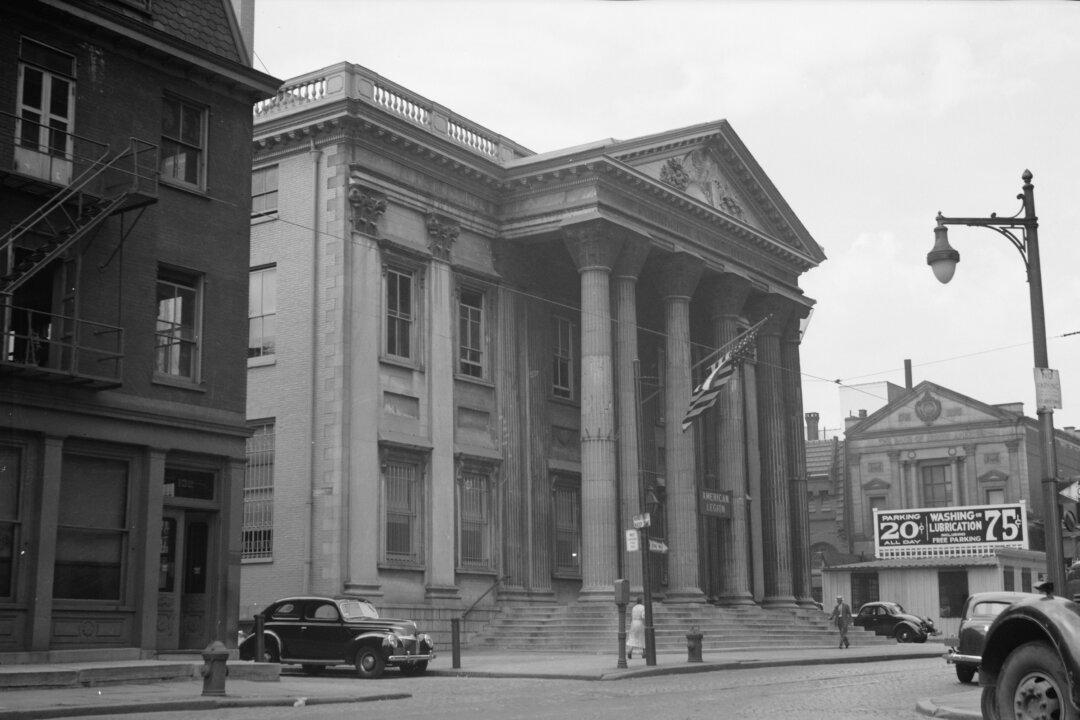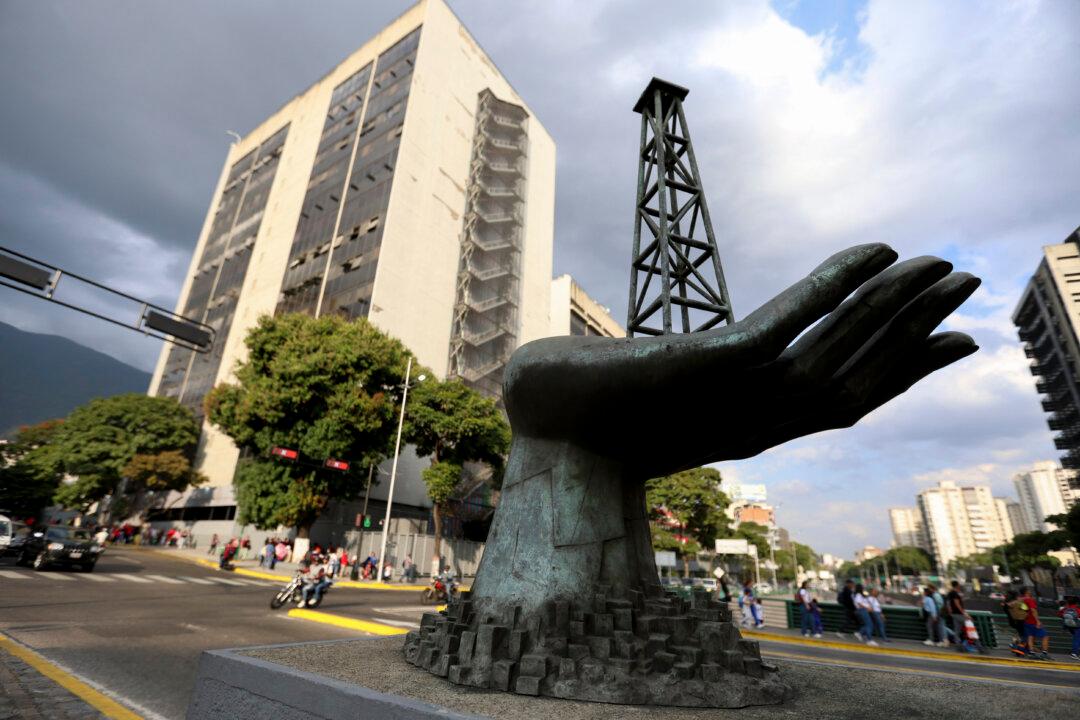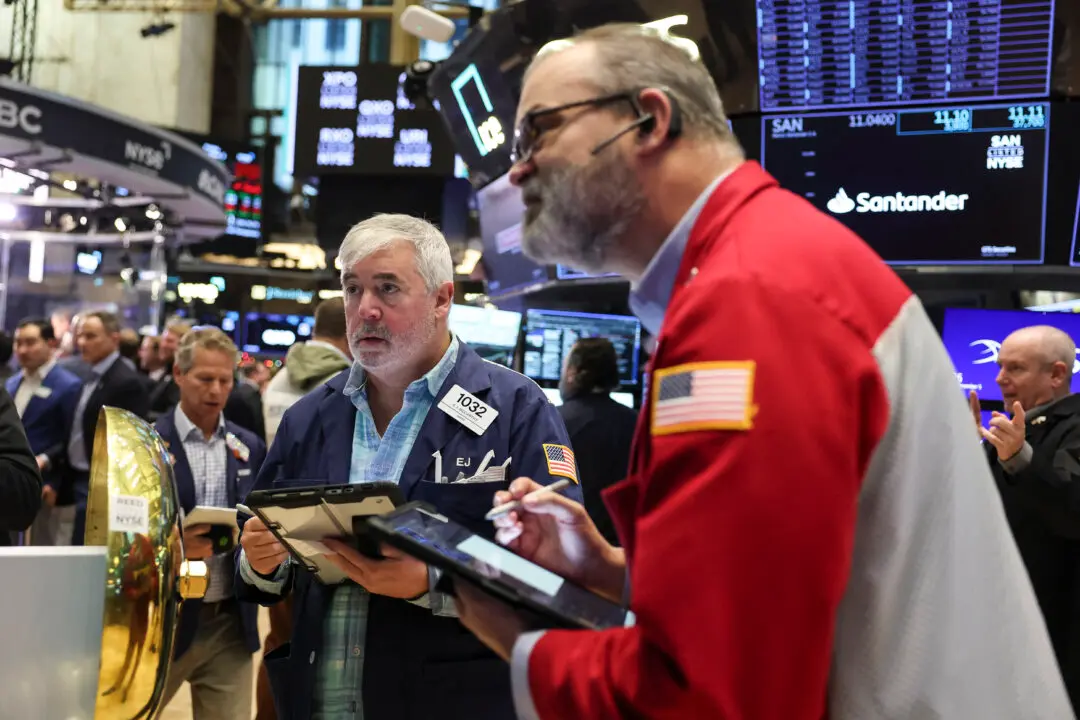In rough numbers and at the end of 2017, leading central banks now own a fifth of their governments’ total debt.
The figures are staggering. Without recession or crisis, major central banks have been purchasing more than $200 billion a month in government and private debt, led by the European Central Bank (ECB) and the Bank of Japan (BoJ) as the Federal Reserve (Fed) has been starting to take a break. Nevertheless:
- The Fed owns 12.4 percent of the U.S. total public debt.
- The ECB and BoJ balance sheets exceed 35 percent and 70 percent of GDP.
- The BoJ is now a top 10 shareholder in 90 percent of the Nikkei.
- The ECB owns 9.2 percent of the European corporate bond market and more than 10 percent of the main European countries’ total sovereign debt.
- The Bank of England owns between 25 percent and 30 percent of the UK’s sovereign debt.
- The Swiss National Bank owns $3 billion worth of Apple stock.





